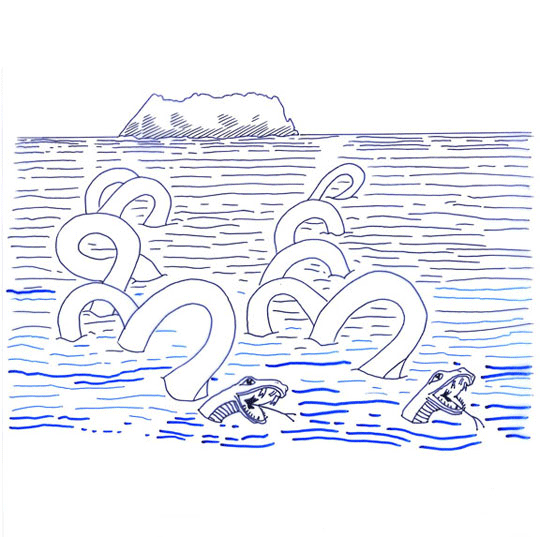

Jiilicher, Itala, das neue Testament in Altlateinischer Ubei'lieferung, Vol. The most recent list of Vetus Latina manuscripts appears in A. Berger, Histoire de la Vulgate pendant les premiers siecles du moyen age (Paris, 1893). ^ For a searching account of the details see S. Burkitt, The Old Latin and the Itala (Cambridge, 1896). Milne, A Reconstruction of the Old-Latin Text or Texts of the Gospels Used by St. Thackeray, A Grammar of the Old Testament in Greek According to the Septnagint (Cambridge, 1909). Moulton, A Grammar of New Testament Greek, 2 vols. White, A Grammar of the Vulgate (Oxford, 1926) for Greek see J. In these works, as well as in Bible manuscripts,ĭisagreement between readings may depend on several factors in the first place there were variants known principally in certain regions, numerous enough to permit us to classifj^ various manuscripts as belongingġ On all linguistic matters see W. The impossibility of fully recapturing the oldest forms ofĪvoided and rejected by churchmen after the appearance of the Vulgate.^ The existence of one or more standard pre- Vulgate Latin BiblesĪlone can explain the frequent identity of wording That they represent several independent translations

Lack of unity among Old Latin Bible manuscripts That of the early Christian Church, from the time of Cyprian and Tertulits official cultural docuan understanding of the rise of that internationalized variety of Latin which was destined to remain the standard means of intercourse throughout Western Europe for well over Jerome, in pubhshing the Vulgate, between 384 and 405, and Augustine, by a tempered enthusiasm for both Cicero and the new linguistic medium, arrested any further vital Pre- Vulgate and pre-Augustinian literary Church Latin was a flexible language, based in large part on classical Latin, but strongly influenced in its phonetics by spoken or Vulgar Latin at every turn it showed the effects of Greek syntax it was, however, in its vocabulary that it departed most from Roman literary style, since it was faced with a pressing need for new words to express many new ideas. QUOTATIONS IN THE LATIN PHYSIOLOGUS FROM LATIN BIBLES EARLIER THAN THE VULGATE Initium omnis peccati superbia: Augustine on Pride as the First Sin Propertius IV.7: Prolegomena to an Interpretation Horace's Odes and Carmen Saeculare: Observations and Interpretations. Quotations in the Latin Physiologus from Latin Bibles Earlier than the LITTERARUM ET ELOQUENTIAE LUMINIBUS HUMANITATIS AUCTORIBUS HUNC LIBRUM DEDICAMUS UNIVERSITY OF CALIFORNIA PRESS BERKELEY AND LOS ANGELESĬambridge University Press London, England


 0 kommentar(er)
0 kommentar(er)
